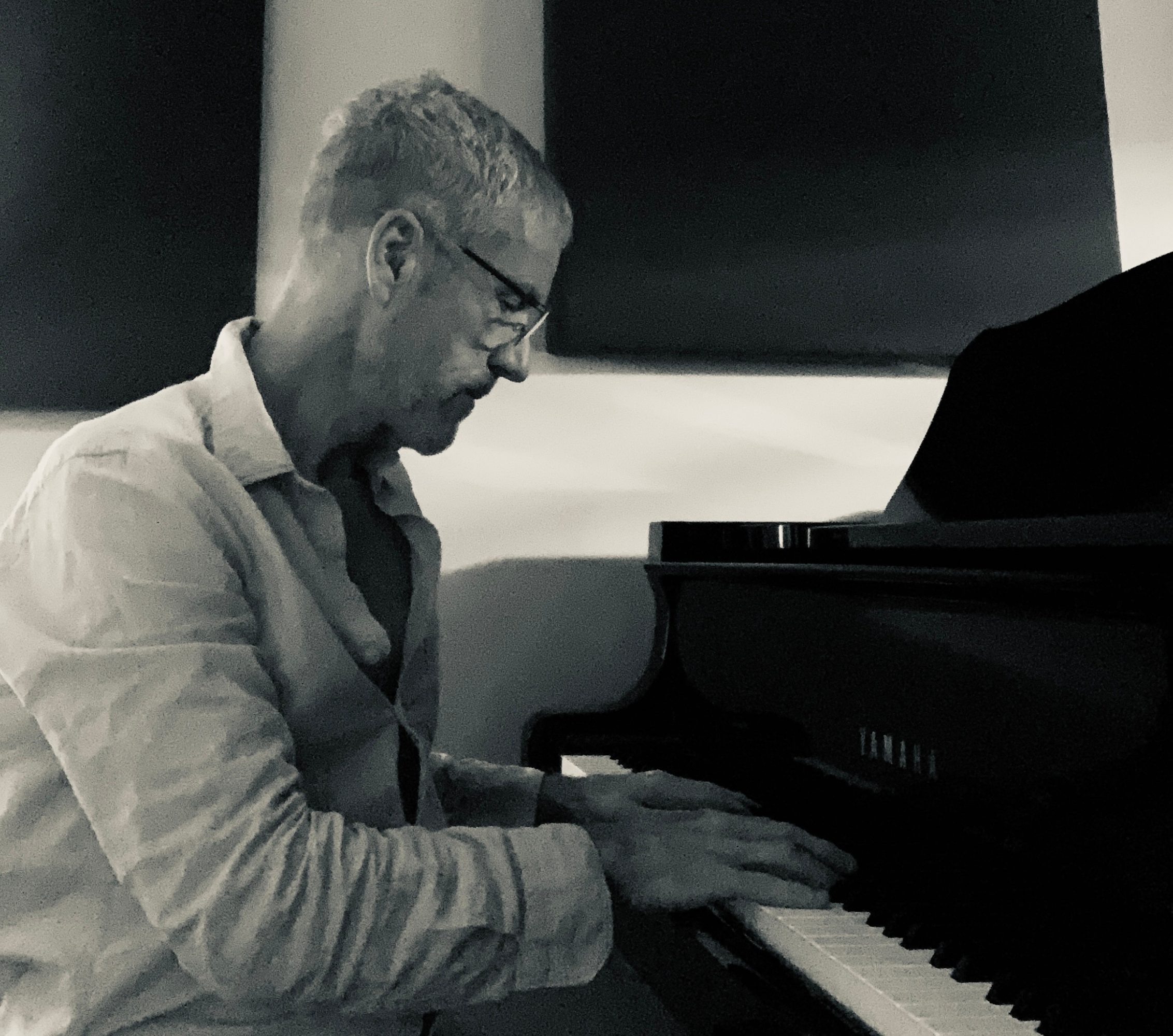
Today we’d like to introduce you to Andrew Lilley.
Hi Andrew, can you start by introducing yourself? We’d love to learn more about how you got to where you are today?
I am a musician, jazz pianist and the director of the College of Music at the University of Cape Town. My parents were orchestral musicians and both products of the end of World War II – a time of relief and hope. I grew up in Cape Town South Africa at a time when Apartheid was at its worst. I didn’t really understand what was happening politically as a child, and mostly lived in the gaps between rehearsals and concerts that my parents were in. I can still feel the sensation of being enveloped in the sounds of the orchestra in the City Hall in Cape Town, waiting for my parents to finish a rehearsal. This still has a profound effect on my music. That feeling stays with me to this day. It is the repository of my own creative pursuits as a musician.
As a young boy, I studied classical music on the piano and trumpet, There wasn’t much available outside of the classical world and it was only much later when I heard soul music that I realized I had been missing something really good. We used to sneak into the township areas of Cape Town where this music was alive and being played. I used to watch all the local bands and we had our own versions of Earth Wind and Fire and the Crusaders but one profound experience that blew the lid off my understanding of what was out there was watching a Chick Corea concert. It was the band on his Touchstone album. I knew this was really really good, and it was a turning point for me, a realization that there was more out there and I wanted that badly. This sent me down a road, searching through a rich heritage of music, the music of Coltrane and Miles, a journey which changed my life and has brought me to where I am today.
Alright, so let’s dig a little deeper into the story – has it been an easy path overall and if not, what were the challenges you’ve had to overcome?
I think growing up in South Africa during Apartheid was the biggest struggle. As a white kid, we were conscripted into the army. You had no choice, other than to do jail time or endure some form of unpleasant sanction. Those of us, including myself, who didn’t want to be a part of the mess, found ways to trick the system to avoid any combat. It was a crazy situation but probably saved my life. I think the situation in South Africa made it very difficult to pursue anything with any credibility and I wanted out. I applied for a scholarship to Berklee in Boston and left to study in America.
Appreciate you sharing that. What else should we know about what you do?
I am a jazz pianist and I write original music. I love performing and have played with everyone and anyone on the jazz scene. I have recorded with many varied artists and have three albums under my own name. I think I am most proud of the last one, which is a solo piano album, the ultimate challenge for any pianist. It was recorded on my piano at home and mixed and mastered in New York. I think we are all unique in whichever way, but developing your own sound and voice in music is what sets you apart from others, a recognizable sound, a combination of all your unique influences. For me, it is the Classical background and harmonies blended with jazz. I can hear it in my playing now. All the hours spent in that environment as a child live within me and I draw on this for my own musical expression.
We’d love to hear about how you think about risk taking?
I feel like I take risks every time I play music but maybe that is a different form of risk. I think you have to take on some risk, as it is part of the journey of growing and advancing. I took some dangerous risks as a kid but I didn’t see it as a risk then. I guess a desire for something can trump the risk. The thing with risk is you don’t know if it will turn out well, but in hindsight, if it did it was often valuable. There are also stupid risks I took naively, like going too far out in the ocean and getting swept away by the current, but they have all taught me to think before acting. Unwitting risks are the worst for me when you end up in a risky situation you had not anticipated. I guess there are different kinds of risk but lately, I prefer to reserve them for when I play music. Things always go wrong at some point in music but ‘wrong’ is just an opportunity for the unexpected and the recovery makes it worth it. Music is a continuous stream of tiny risks. Without that the music has no value.
Contact Info:
- Website: andrewlilleymusic.com
- Facebook: https://www.facebook.com/andrew.lilley.509/
- Youtube: https://www.youtube.com/channel/UCrt_Tzir0JMHh-JkhOh0y3g
- SoundCloud: https://soundcloud.com/andrew-lilley-5
- Other: https://andrewlilley.bandcamp.com/album/silhouette
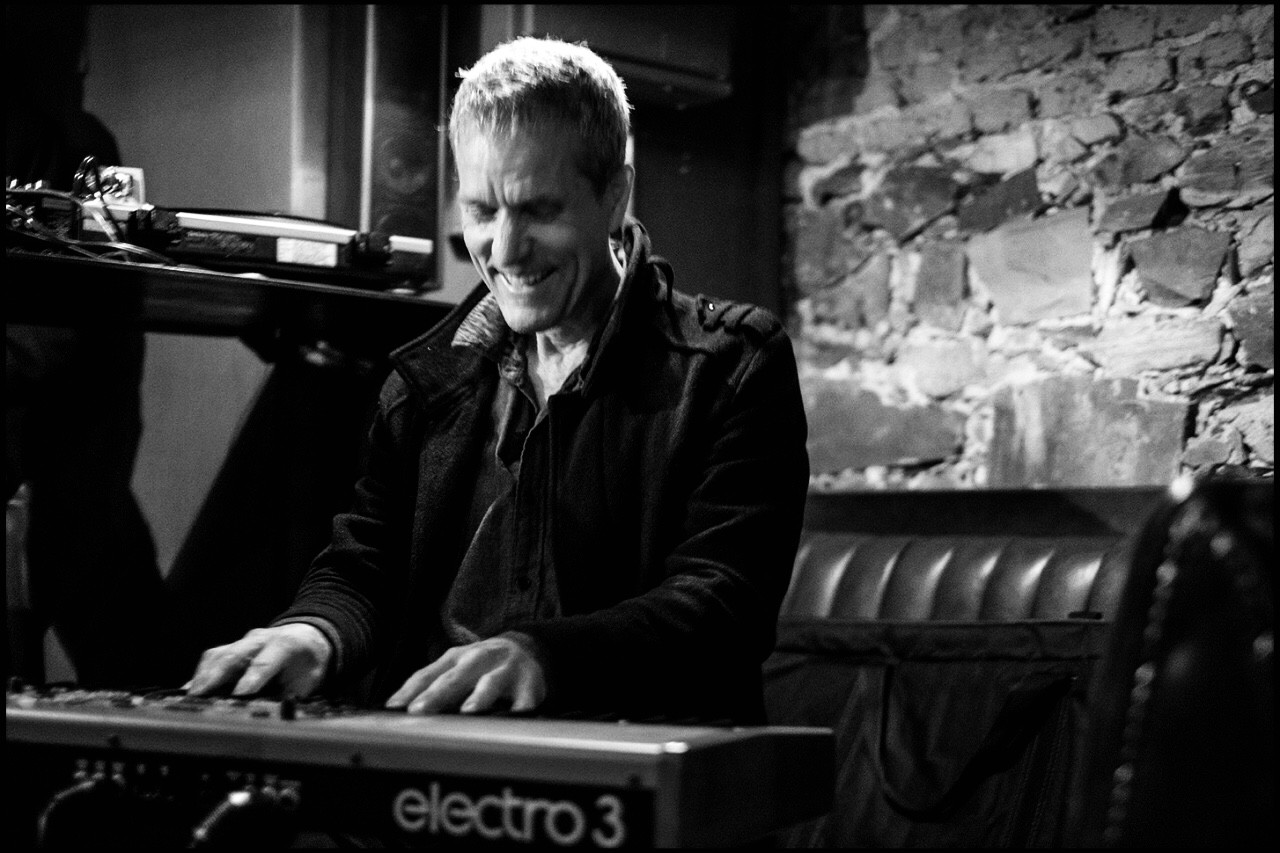
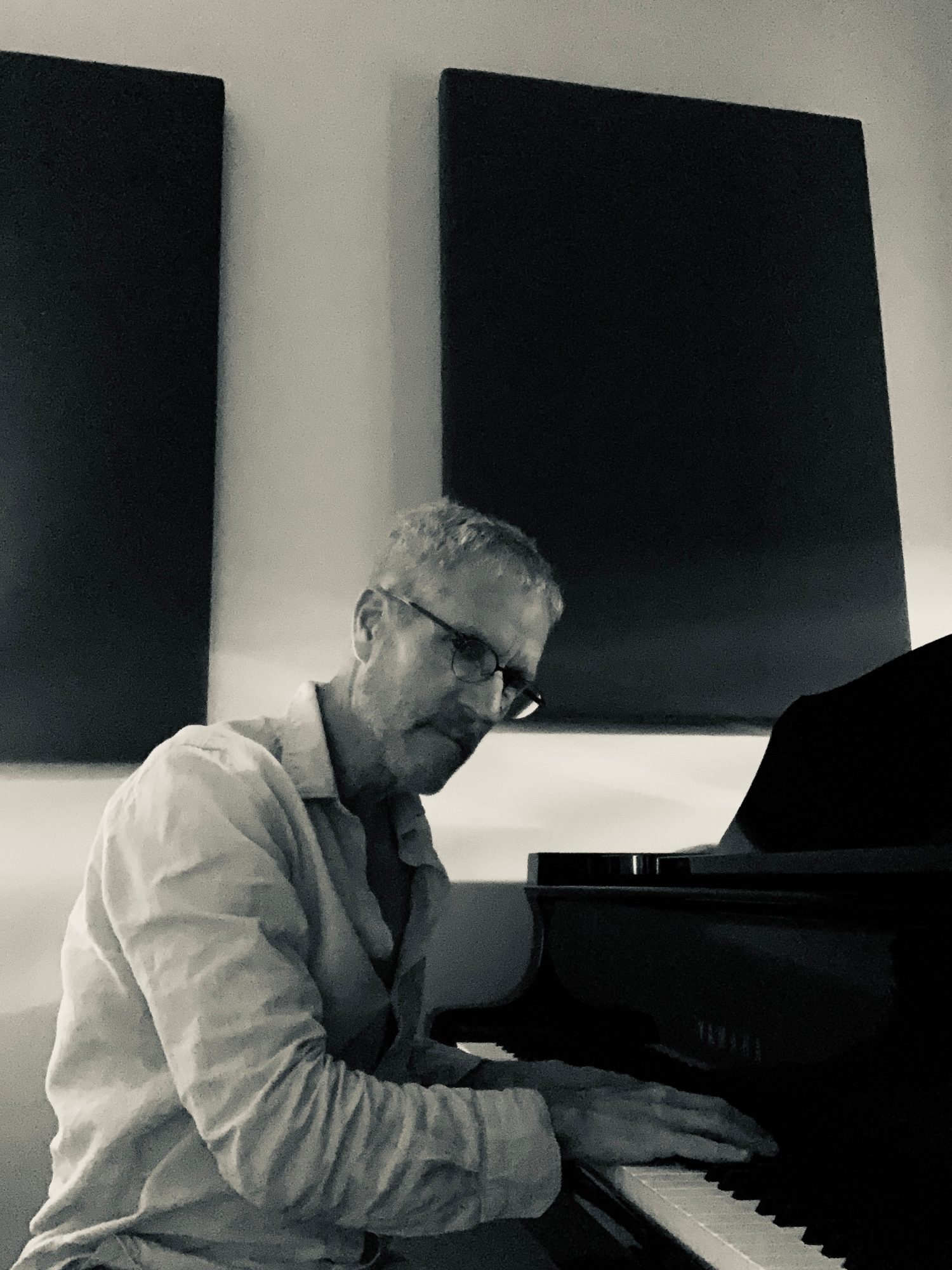
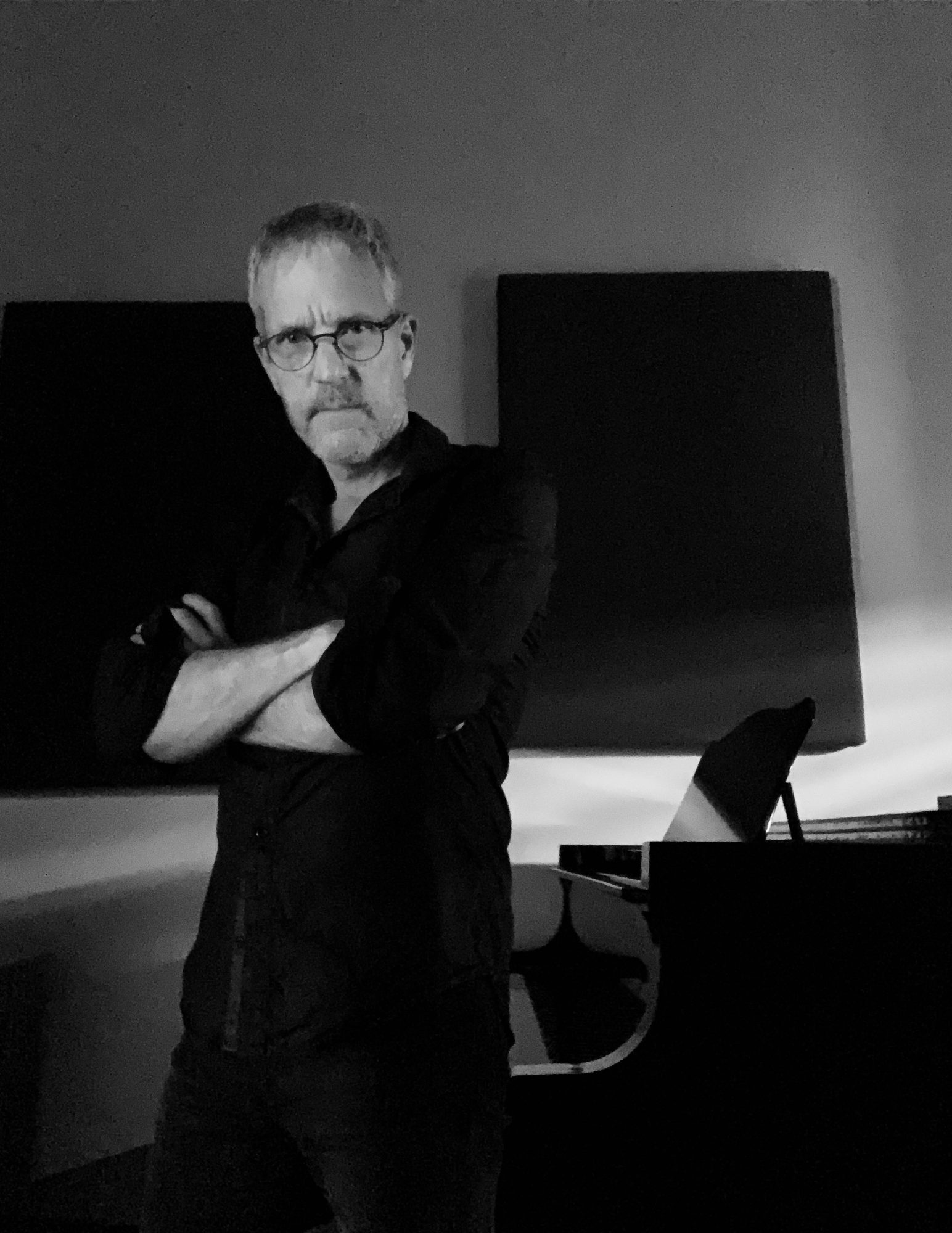
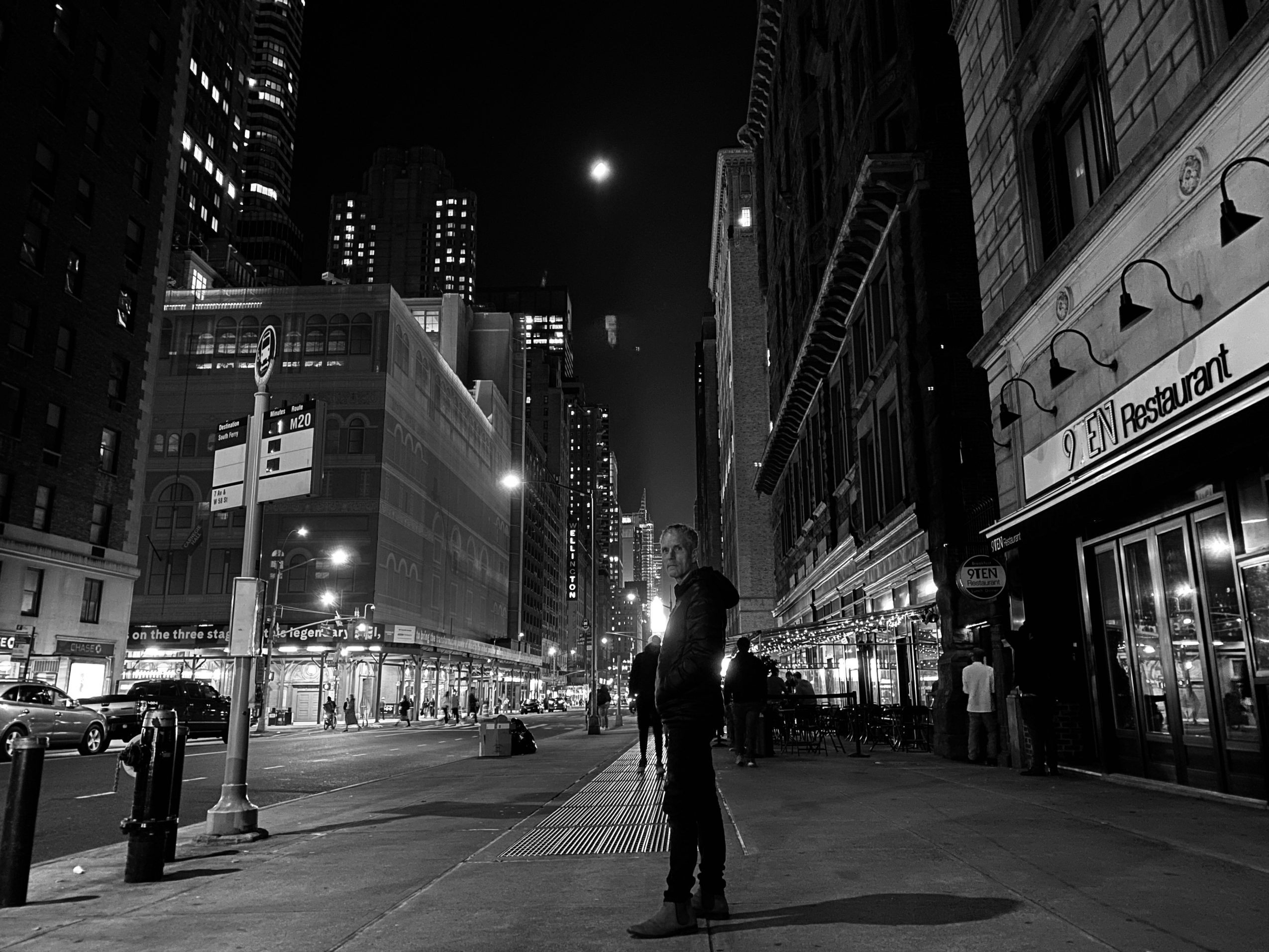
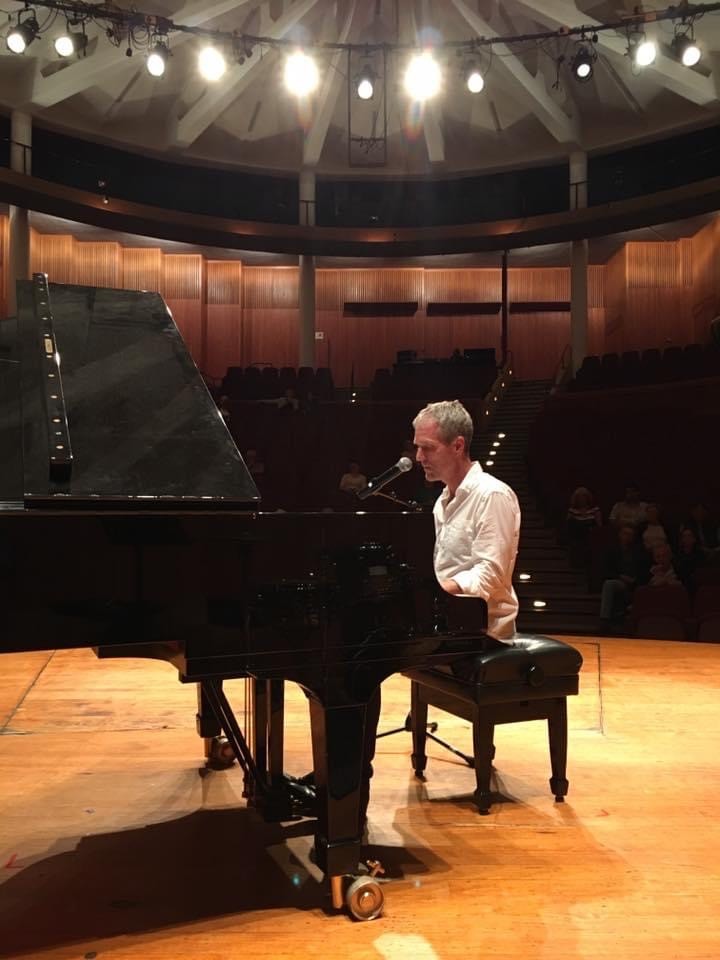
Image Credits
Niklas Zimmer














